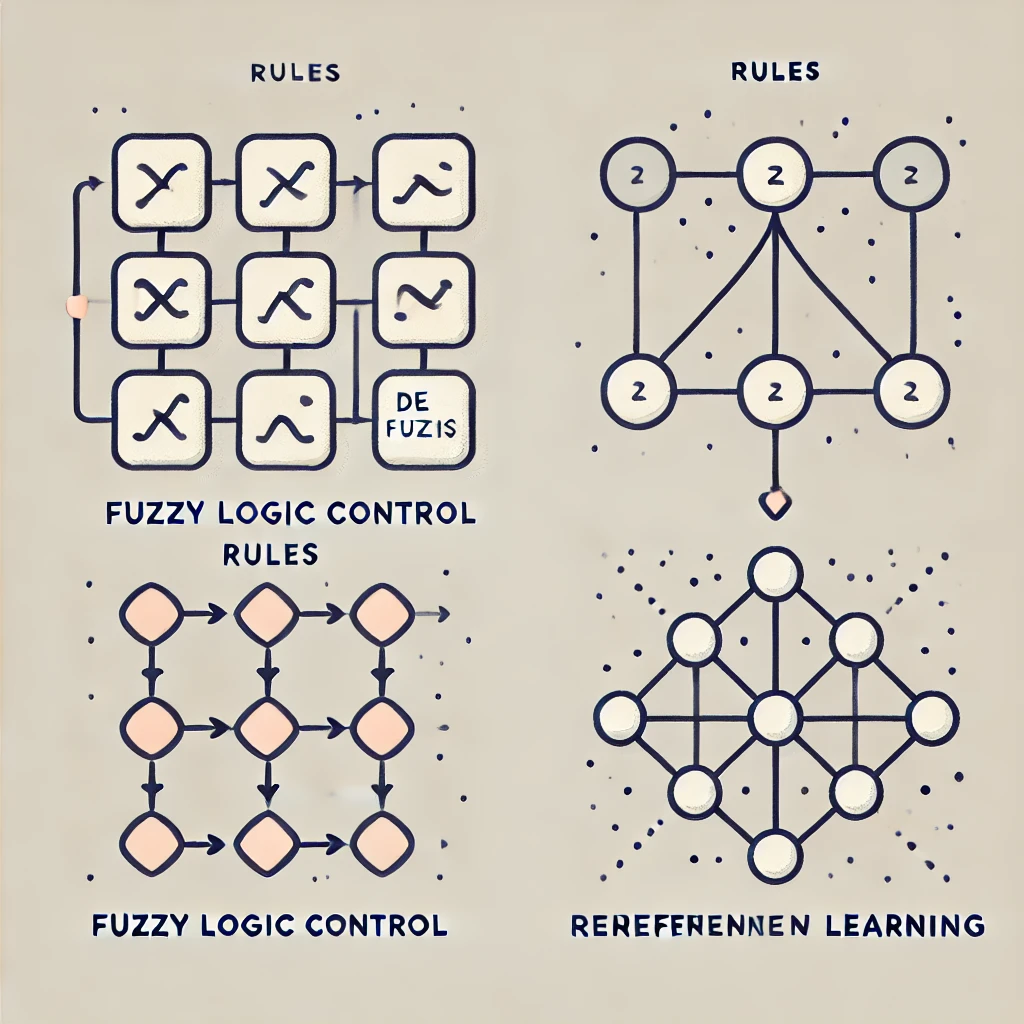
Performance between Fuzzy-logic control and reinforcement learning?
Here is my question. Could you please clarify if there is a distinction in performance between Fuzzy-logic control and reinforcement learning? As a home appliance control engineer, I am interested in understanding the differences between these two approaches. Fuzzy-logic control operates home appliances based on the predefined rules and logic established by human engineers. In contrast, reinforcement learning controls home appliances based on the rules and behaviors determined by Q-learning and other algorithms....